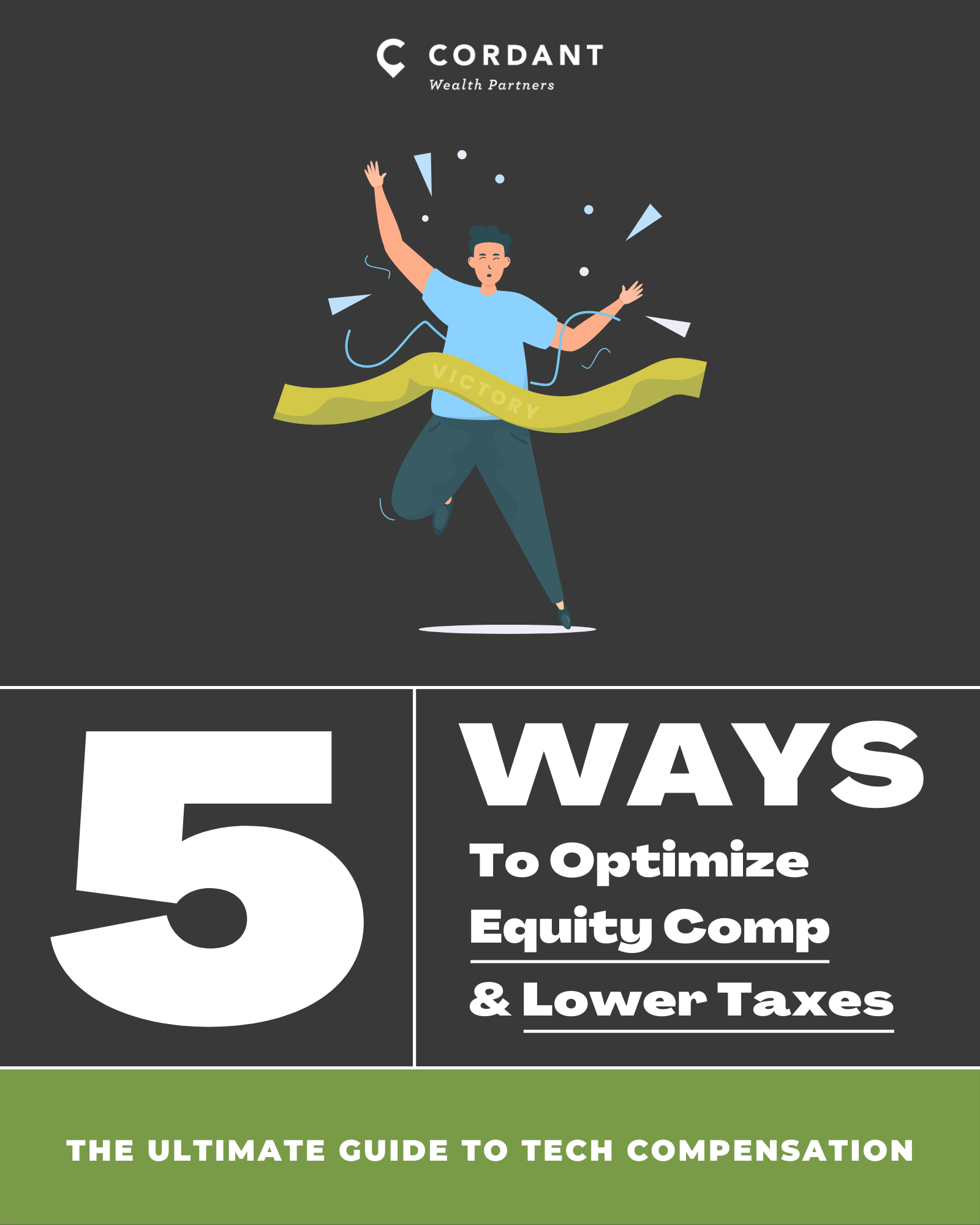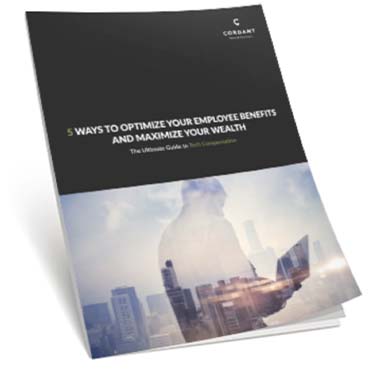Ideally, with each paycheck or bonus paid we would have all the cash flow we need to support regular cash-flow needs, achieve our larger financial objectives and optimize deferrals to tax-advantaged accounts and other tax savings opportunities. However, money is a resource, and like most resources it’s limited. We are forced to prioritize where we spend, the objectives we further,... Read More
The Impact of Relative-Owned 529 Plans on Financial Aid
While preparing to write my first blog, I was reminded of my time in college and how I would hope a lecture would be done earlier than the time allotted and not go over time. With that in mind, I want to keep the blog post concise but still provide you with all the necessary information on the subject. That... Read More
Navigating Medicare’s Annual Enrollment Period
Every year, we get a lot of questions about Medicare open enrollment and who is eligible to make changes to their coverage. Below is a guide to help you navigate some of the questions we are frequently asked. When is Medicare open enrollment for 2021 coverage? The open enrollment period, or Annual Enrollment Period (AEP), runs from October 15 through... Read More
How Much Company Stock Should I Hold? (Part 2 of 2)
This post is part two of ‘How Much Company Stock Should I Hold?’ In this article, we dive deeper into two areas: If you hold company stock, what form of equity compensation is the best to own, and How to maintain your desired allocation over time What Type of Company Stock Should I Hold? Let’s assume that you wish to... Read More
What’s Your Benchmark?
How did the market do today? Whether it’s NPR, the Wall Street Journal or small talk with your neighbor, most conversations about the stock market and economy inevitably reference either the Dow, NASDAQ or S&P 500. But are they appropriate measurements? What do they actually track? And most importantly, are they appropriate measure of performance? The investment benchmark industry is... Read More
Umbrella Insurance – Is It Right For Me?
This year has been a painful reminder to always plan for the unexpected. As it relates to personal finances, one could use this lesson to revisit the riskiness of their investments (i.e. stock vs bonds), the amount of cash set aside for emergencies or tweak the monthly spending to remove unnecessary costs. While all of these are worthy examinations, this... Read More
How Much Company Stock Should I Hold? (Part 1 of 2)
Chances are if you work in the technology industry, part of your compensation will include company stock. We’ve written about various forms of equity compensation before (RSU’s here and here, ESPPs here and here, Stock Options here) but today we want to address a question that anyone investing in their company ultimately has to answer: How much company stock should... Read More
DOES IT MAKE SENSE TO REFINANCE MY MORTGAGE? THREE CUMULATIVE FACTORS TO CONSIDER – (PART 2 OF 2)
As with most financial decisions, when it comes to refinancing a mortgage there are near-term costs and benefits and long-term costs and benefits. In Part 1, I reviewed a four-step framework as a starting point to determine if refinancing a mortgage is beneficial. The focus of that framework is to assess first, whether a refinance made sense in light of... Read More
How Does Your Company’s Employee Stock Purchase Plan (ESPP) Stack Up?
Employee Stock Purchase Plans (ESPPs) are a valuable form of equity compensation and an attractive benefit of working for many tech companies. And this form of compensation is becoming more popular, from startups to blue-chip firms, as companies realize that the plans are a cost-effective way to reward, motivate, and retain employees. But just because your company offers an ESPP... Read More
Tale of the Tape: SEP IRA vs Solo 401(k)
For our clients that work at Intel or other tech companies, a big piece of the puzzle is helping them manage the retirement plans sponsored by their employer. For other clients, whether they’ve transitioned into self-employed consultants or run a small business with their spouse, the burden is on them to set up and maintain their own retirement plans, and... Read More











